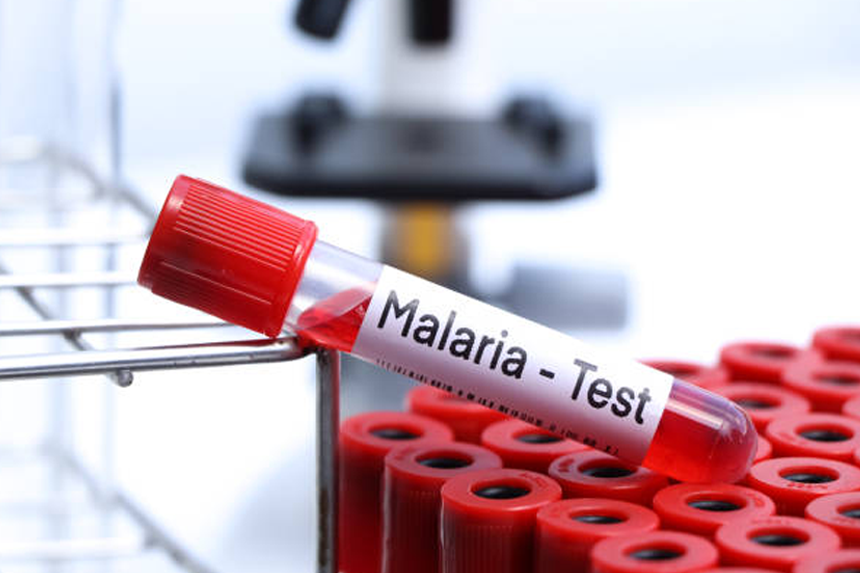More than eighty persons in the Panzi health zone of southwest Democratic Republic of Congo (DR Congo) have died from an unidentified ailment that has never before been seen. Though researchers have not excluded other possible causes, Africa’s leading health agency has found malaria most plausible.
The outbreak’s victims have displayed flu-like symptoms ranging from fever to headaches, dyspnea to anemia. According to initial tests, most of those afflicted had malaria, a parasite disease widespread in the area brought on by mosquitoes.
“Widespread malnutrition in the area has surely worsened the situation, making people more vulnerable to the disease,” said a spokesman for the Africa Centres for Sickness Control and Prevention (Africa CDC).
Does a concurrent viral infection exist?
Issues became more intense when a male adult patient with haemorrhagic fever passed away. This evolution has caused medical professionals to conjecture on the likelihood of a concurrent viral infection.
“Although malaria has been confirmed in many cases, the haemorrhagic symptoms in the deceased patient raise the question of whether a viral infection is also at play,” said an official from Africa CDC during a news conference.
Samples from the dead patient have been transferred for additional testing to Kinshasa, the capital of DR Congo. Results are expected within the week; officials advise the people to keep calm while investigations progress.
How Are Health Agencies Investigating the Source?
Africa CDC, the World Health Organization (WHO), and other health organizations are stepping up their investigations to ascertain the whole extent of the epidemic. Medical teams are working on the ground to offer assistance and compile essential data; extra samples are being analyzed to exclude the existence of other infections.
“This requires our whole focus. A WHO official added, “We are dedicated to determining the root cause and guaranteeing the required resources are applied to manage the outbreak.”
Why, in this context, is vigilance needed?
In the area, malaria is still a significant health concern, where inadequate infrastructure and restricted healthcare access aggravate the issue. Health experts often stress the part malnutrition plays in rendering people more vulnerable to diseases like malaria.
“Preventing such future outbreaks depends critically on addressing fundamental problems, including malnutrition and enhancing access to medical care,” said an African CDC official.
As health organizations try to contain the epidemic and clarify any further risks, the world health community is intently observing the situation in DR Congo.







